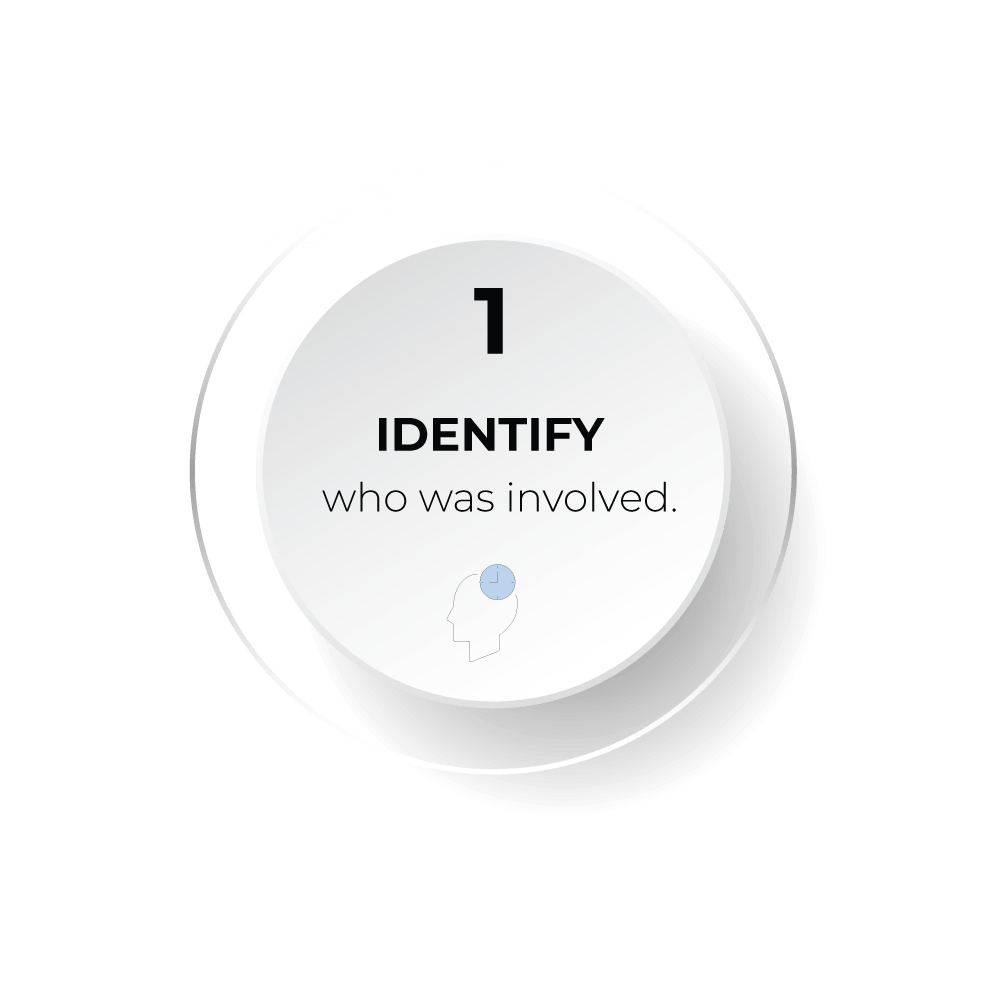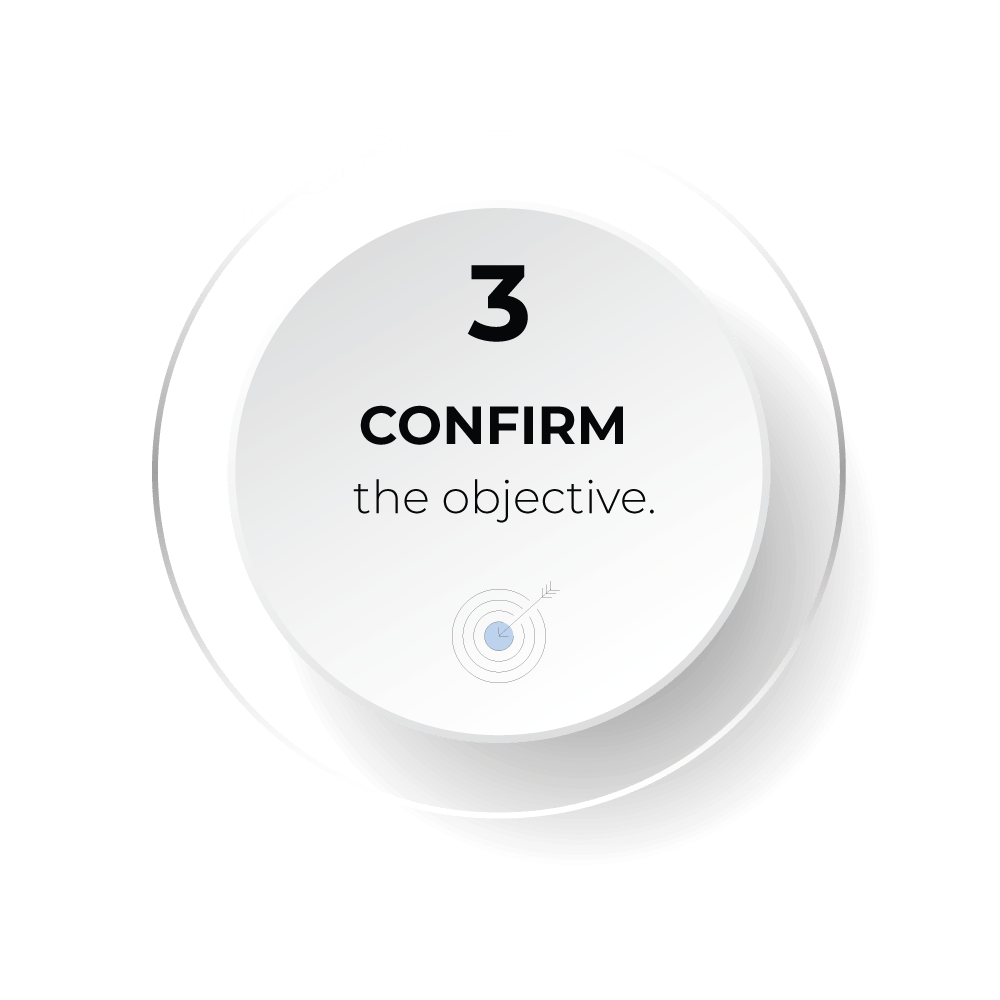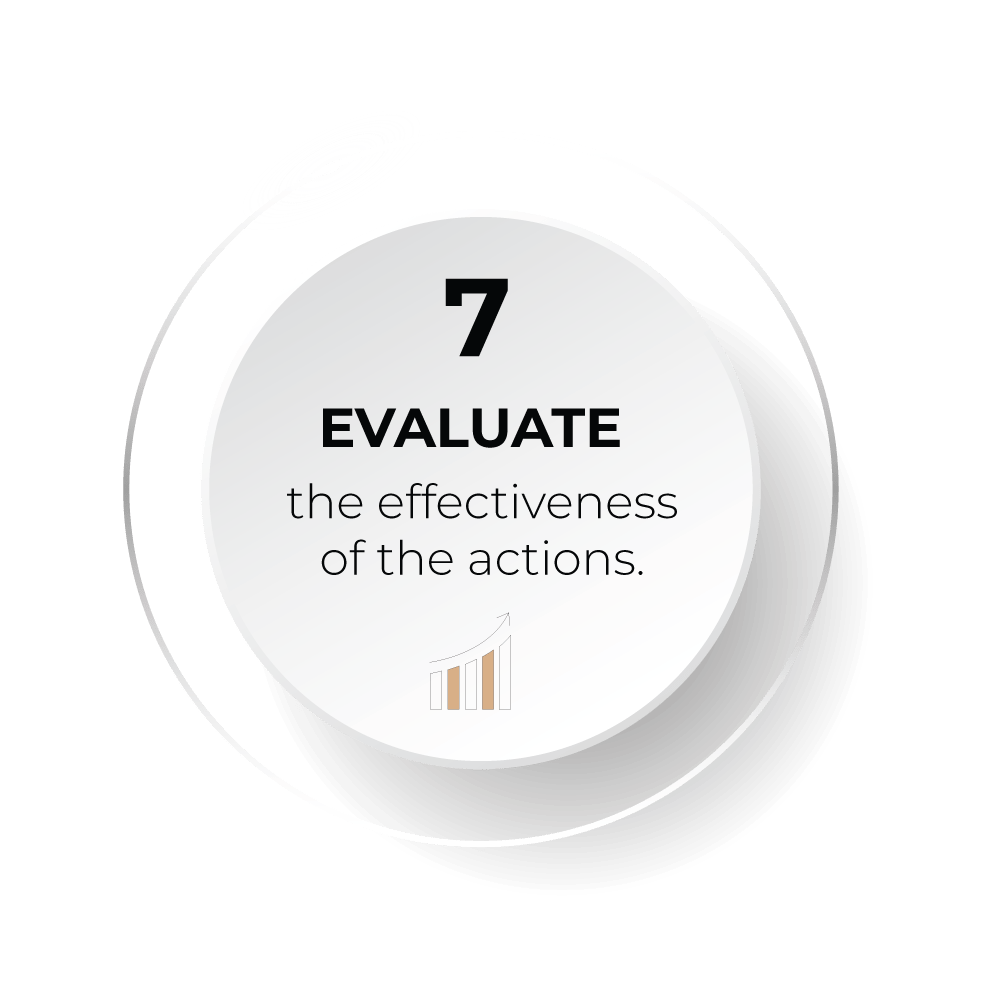How Do I Find Out What My former partner owns?
Question:
How do I find out what assets my partner owns? More importantly, how do I find any hidden assets?
My partner and I are separating. They said they had been thinking about it for a while and I'm worried that they have hidden assets to stop me from getting a fair property settlement. What should I do?
Answer:
According to research from ING Direct 18 % of coupled Australians keep a secret account from their partner. Although most people are pretty honest, proceeding with caution is definitely a smart idea when going through a divorce or separation.
Working in family law we have seen many cases where many people will turn to some form of deception to stop paying you what you deserve. Even when things seem amicable.
Some people may even propose that you split things 50/50, but also take steps to reduce the property pool and cheat their way out of a fair split.... without you ever knowing.
However, with a little bit of digging you can find out exactly what assets your former partner owns. It's simply a matter of going through the following seven steps.

1. Identify all the parties involved.
1. Identify all the parties involved.
When you are trying to find out what your former partner owns it's important to know where to start. To know where (and with whom) your former partner can hide things. So it makes sense that step one is to identify all the relevant parties involved in your situation.
When identifying who is involved, think about the following parties:
Your former partner is a major party when it comes to figuring out where and how assets have been hidden. One way in which your former partner can hide things and reduce the property pool is by converting cash into an expensive asset which they then under value.
Example: Jackie & Will
Jackie & Will were married for 5 years before they decided to separate. Will didn't believe Jackie deserved a penny of 'his assets' and looked at ways to hide some of his money.
One way he hid his assets was by purchasing antique furniture and expensive art for his new place. Will then under-reported the value of these assets as he knew that Jackie was unaware of his finances and didn't know a lot about the value of the art/ antiques.
Another way your former partner may hide assets is by purposely holding off on signing long-term business contracts.
As an owner of a company, it is included as an asset in the property pool. It's usually quite hard to hide a company but what your former partner can do is reduce the company's value by holding off on signing long-term business contracts that would increase the company's worth. By purposely delaying until after the property settlement your former partner avoids sharing that extra revenue with you.
If your former partner is an employee they may also hide assets by asking their employer to delay on paying them their bonus or raise; at least, until the property settlement is finalised.
Also, if they are involved in any type of work that pays in cash then they may also be able to hide this without you knowing. This is because it probably isn't reported on their tax returns or financial statements.
Example: Jackie & Will
Will worked as an electrician earning roughly $140,000 per annum. Will had just had his performance review right before he and Jackie separated. He was to get a $15,000 raise. Knowing that this would be taken into consideration Will asked his boss to hold off on paying his raise until he had finalised his property settlement.
Along with this Will did handy man jobs on the side for which he was paid in cash. Will never reported this income. Jackie knew that Will got paid cash from time to time but had no idea how much he had earned this way.
In cases where your former partner has re-partnered, there is a chance that they have tried to reduce the property pool (and what you are entitled to) by disposing of or hiding assets with their new partner.
Example: Jackie & Will
A month after separating Will re-partnered. Will knew that Jackie was unaware of his finances and decided to take advantage of this. He did so by offloading some of his assets as 'gifts' to his new girlfriend. These gifts ranged from physical items such as jewellery to paying expenses such as rent or travel.
Your former partner can also work with their family and friends to hide assets. Similar to a new partner they can make fake payments to family/friends for services or products.
The same can be done with a debt repayment. This is where your former partner 'repays' a made up debt to their friends/ family.
The money in both these scenarios is usually given back to your former partner after the property settlement is finalised.
If you have children, your former partner may try and hide money by setting up a custodial account in the name of a child.
It is common that as a couple you and your former partner used one accountant to manage your finances. This makes your accountant one of the most critical people involved in your separation. They will know what assets you each own and the assets you own jointly.
Unlike other parties, they are unlikely to hide assets for your former partner but they are essential as they will have most of the information and documents you need.
Similar to the accountant, your former partner's bank will not hide assets for your former partner. But, they will have relevant information that will help you figure out if your former partner is hiding assets from you. It will also give you a paper trail as to where these assets might be hidden. More importantly it will give you a truthful answer about how much they have in the bank.

2. Determine the facts.
2. Determine the facts.
Now you have a list of everyone who is or could be involved the next step is to determine the facts of your situation. This is so you can figure out what you are looking for.
So you will need to note down:
2a. What disclosure you already have access to?
2a. What disclosure you already have access to?
This means noting down everything your former partner has told you they have. What assets and debts are in their name? What is the value of these assets and debts? Does this information add up?
It is in your best interest to carefully review all personal and business transactions. To make sure any income or payments make sense. To make sure that they aren't making fake payments, disposing of assets or lying to you about their income/investments.
2b. Whether any of those assets were joint or not?
2b. Whether any of those assets were joint or not?
It is likely that you and your former partner have joint assets. This is good in terms of having some control over the asset, so your former partner can't just go and transfer the asset to someone else without your approval.
However, joint assets/debts can also be risky as you are both as liable for the asset/debt. For example, if your former partner makes a redraw on your mortgage you are both liable for that debt.
Joint bank accounts can also present a risk if the account doesn't require both signatures. Essentially, your former partner can withdraw and hide the money without needing your approval. The same issue can arise with secondary credit card holders.
On the other hand, assets that aren't in your name can mean that your former partner can do with them as they please unless proper legal actions are taken.
Example: Jackie & Will
Will had an investment property solely in his name. On separation Will began to take steps to sell the property to a family member for an amount lower than the house was worth with the intention of buying the property back after finalising the property settlement with Jackie.
Jackie would obviously want to stop the sale of this asset, so she would need to immediately notify Will of this and if Will did not stop, she would need to file an urgent application in court.
On the other hand, if Will was genuinely selling the house for the true market value and Jackie was comfortable with the sale price, but simply wanted to be involved in the sale, she should write to the real estate agent and the conveyancing solicitors advising them of her interest in the property and asking that any proceeds be held in a trust account.
To learn more about the steps you should take to stop the sale of an asset read our article: What do I do if my partner has/ is about to dispose of one of our assets?
2c. Who ran the finances during the relationship?
2c. Who ran the finances during the
relationship?
If you didn't have much to do with the finances during the relationship you are at risk of your former partner hiding assets without your knowledge. This is simply because you may not know what assets you both should and shouldn't have. What assets are missing and what debts shouldn't be there.

3. Confirm the objective.
3. Confirm the objective.
Once you have identified who's involved and what the facts are it's important to quickly confirm what you are trying to achieve.
The end goal is to find this/these asset/s so you can accurately determine what the property pool is.



4. Identify & assess the risks.
4. Identify & assess the risks.
Now it's time to identify and assess the risks.
The main risk in this scenario is non-disclosure. Where you former partner does not tell you about some or all of their assets.
As mentioned above some of the risks that come all with non-disclosure are:
Inaccurate valuations and an inaccurate property pool mean can mean you get an unfair split of the assets. The property pool is meant to include every single asset and debt you both own or have an interest in. If assets aren't included or the value of the assets is wrong you can end up like Jackie.
Example: Jackie & Will
As Jackie didn't know what and where to look for Will's hidden assets she decided to just trust what Will was saying and negotiate a split between themselves.
After negotiations where finished Jackie and Will settled on a 50/50 split which Jackie thought was fair.
Soon after the property settlement was finalised Jackie discovered that there was $400,000 in hidden assets that wasn't included in the property pool. Jackie now realised why Will was so willing to do a 50/50 split. It wasn't because they were amicable, it was because Will knew Jackie was realistically only getting 30%. She had been ripped off and it was too late to do anything.
Another risk that people often don't realise are the relationships between parties. For example, your former partner might have the relationship with the accountant. This poses a risk as that accountant may be reluctant to give you documents.
In fact this has happened in matters we have dealt with where the company accountant was the father of the wife, and because of that relationship they didn't want to cooperate with us.
The important thing here, in this step is that you identify these risks early on.



One spouse hiding assets from the other is an issue that can arise when doing a property settlement.



5. Prioritise what needs to happen to overcome the risks.
5. Prioritise what needs to happen to
overcome the risks.
5. Prioritise what needs to happen to overcome the risks.
Instead of trying to overcome all of the risks at once, it's important that you just focus on resolving one at a time.
Select and prioritise the risk that needs to be dealt with first, rather than juggling too many things at once.
In Jackie's situation the main risk that she may choose to prioritise is non-disclosure.



6. Execute the actions.
6. Execute the actions.
Step six is to develop a to-do list and execute whatever actions need to be taken to reach your objective.
For example, if your former partner wasn't cooperating and disclosing what you need, you would simply file an application in court. By filing that application you can then overcome the risk of non-disclosure as you can issue subpoenas to whoever you need information from.
Definition: Subpoena
A subpoena is a document that compels the production of certain documents or information.
For example, if you need bank statements and your former partner isn't giving you those statements, you can issue a subpoena directly to their bank (e.g. the Commonwealth Bank). Following this, the bank must comply with the subpoena (unless they have a good reason for not doing so) and send these documents to the court where you can access them.



7. Evaluate.
7. Evaluate.
Finally, you need to evaluate the outcome. To see if you have overcome the risk of non-disclosure.
This will involve looking at what the subpoena has produced and seeing whether you have found what you were looking for.
If you have overcome this risk you can move on to the next obstacle and go through the steps again until you reach your objective.
If the subpoena hasn't produced what you wanted (e.g. your former partner doesn't actually have a bank account at the Commonwealth Bank) then you will need to go back confirm that your objective hasn't changed and execute a new set of actions (e.g. issue further subpoenas to NAB, ANZ etc.) until you achieve the desired outcome.



Want a free tailored, step-by-step plan to find your partner's hidden assets?
Created by a qualified lawyer with no obligations.
If you have any questions regarding hidden assets or your property settlement feel free to call us on 1300 767 384. Alternatively, book in for a free phone appointment above for your own step-by-step plan to find your former partner's hidden assets. It's created by a qualified lawyer and it's fully tailored to your situation.
